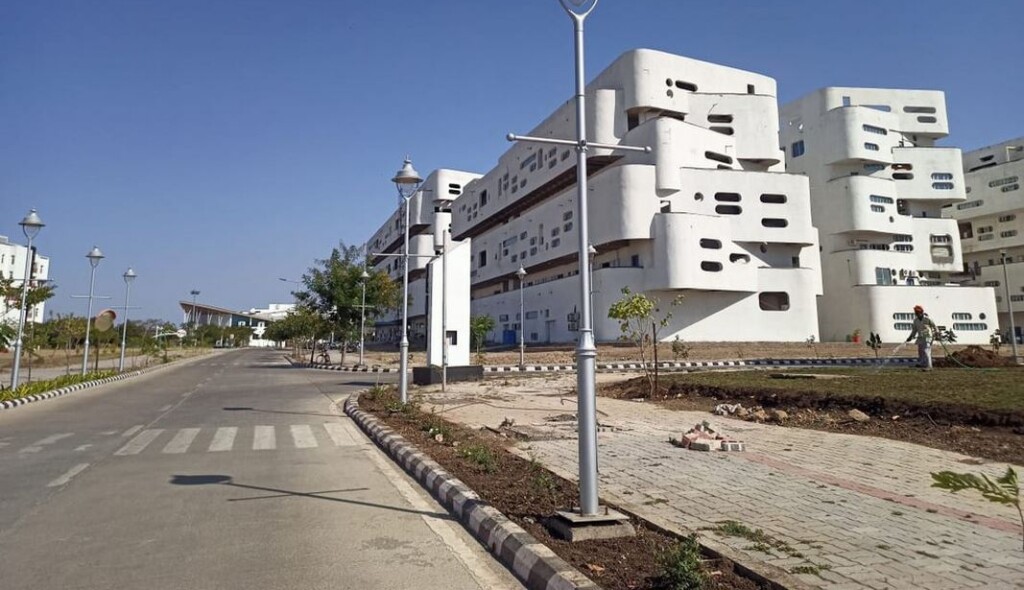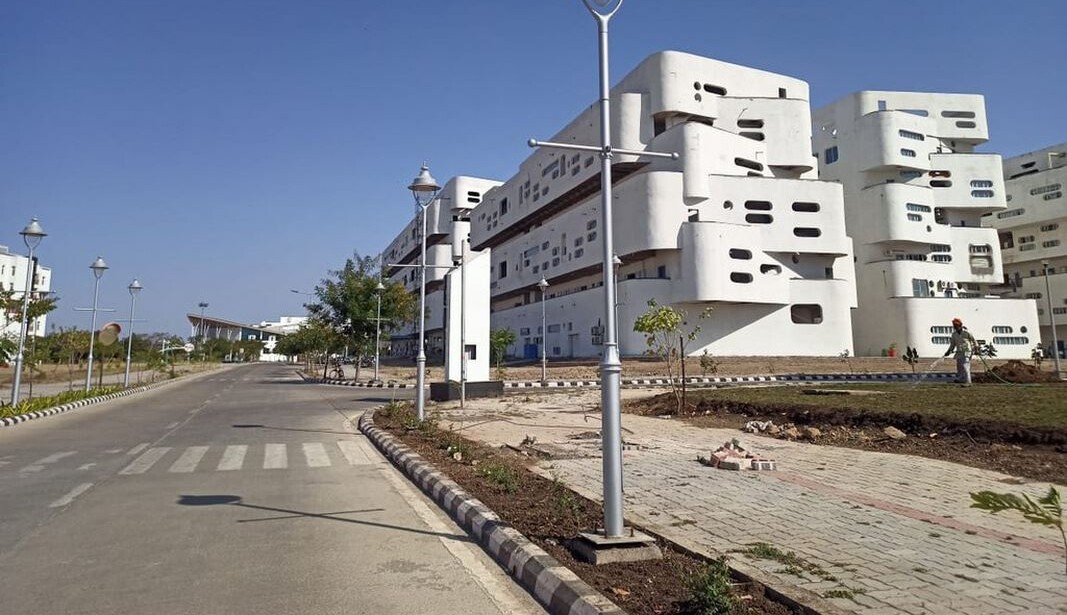
For 8 years in a row, the lesser-known Indian city of Indore has been voted the country’s cleanest city, an honor accorded to it off the back of a massive civic drive to improve and maintain hygiene standards.
Recounted to the Guardian by Amrit Dhillon, Indore’s success follows an all-hands-on-deck approach after the city, like so many in India, became overly synonymous with garbage and littering.
“When you come out of the airport, it feels as though you aren’t in India, it’s so clean,” said Nitisha Agarwal, a corporate executive who travels to Indore frequently for work.
Agarwal is just one person of many Dhillon spoke to in the city, and his remark that “you aren’t in India” cannot be understated. India has an unfortunately well-publicized relationship with its municipal waste—namely, the tendency for many cities, in the north in particular, to allow it to amass in dumps in the middle of city neighborhoods.
Indore, located in Madhya Pradesh, was like this until the residents simply couldn’t stand it any longer. Dhillon couldn’t put a finger on the moment it changed, but from the time when dogs, pigs, and cows would root around in fetid garbage dumps on the roadsides, and when the driver of every car threw their trash into the street, it’s fair to say that the collective civic consciousness reached a breaking point.
Now, an army of 850 street sweepers cleans up every night. A fleet of garbage trucks trundles through neighborhoods playing a jingle like an ice cream van, alerting locals that it’s time to come out with their garbage, meticulously sorted into electronic, wet, plastic, non-plastic, and biomedical/hazardous waste.
A team of municipal tech workers monitors each truck with GPS to ensure they aren’t cutting corners.
Bins of all colors can be found along even the smallest and most infrequently used streets, while CCTV cameras work to identify and fine litterers.
MORE INSPIRING CLEAN-UPS: New York Turned the World’s Largest Garbage Dump into a Green Oasis of Native Grasses That Also Powers Homes
Once collected, the waste is properly disposed of, composted, or turned into fuel. Some restaurants, Dhillon writes, even maintain their own composting machinery.
The result has been nothing short of transformational, and it’s the people of Indore who deserve the greatest share of the credit, as their civic pride and enthusiasm keep the less-committed among them in check.
MORE INDIAN NEWS: 6.8 Million of India’s Poorest Got Treated For Cancer by New State Health Insurance in Just 7 Years
“You need a willing public, a determined government, and here and there you need very energetic, proactive individuals to keep up the momentum,” Prabhnit Sawhney, a petrol pump owner, told Dhillon, mentioning that he’s seen people stop their cars to pick up litter in the road.
“Only then will habits going back generations change.”
SHARE This Fantastic Trend With Your Friends Who Think India Is Filthy…





















I live in NC and the neighborhood next to mine is made up of mostly people from India. I’m not an official member of the plugging community but I run a lot and pick up trash as I go. This neighborhood is one of the worst in my area. One of its residents told me that where they used to live in India was far worse!
I was talking to a friend about how cultural backgrounds affect litter habits. It seems to be true that certain cultures just don’t teach environmentalism. Maybe the people have too much to worry about in terms of food and water and just making a living.
It’s nothing more than learned behaviour. I remember a time in this country when people just threw their trash out the window of their car, cigarette butts were everywhere on sidewalks and street guttters always had trash in them. It was just an unconscious thing until there was a concerted effort to address it and children learned as they grew up, that trash goes in a trash can. It’s not perfect, but we’ve come a long way from those days.